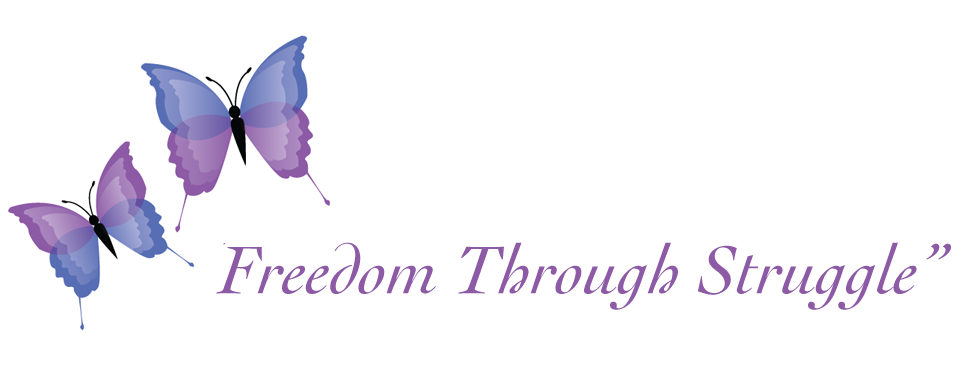The importance of peace, calm and compassion when supporting people who are vulnerable
Facing a Crisis
In a crisis, when we are faced with a person who is vulnerable emotionally or physically we may have many responses. We may rush to offer help, feel afraid and wonder whether we are safe in their presence, pretend we haven’t noticed, leave it to ‘someone else’ to deal with. Clearly this list is not exhaustive. Something that I have not seen spoken about on social media is the potential fear of the person who has been asked to help in a crisis. It is natural to feel afraid but it is what we do with this fear that makes all the difference.
Someone said something really powerful to me recently about therapy and life in general – ‘in the end it’s the relationship that matters and makes the difference.‘ It doesn’t matter whether it is a brief encounter or something longer in duration. People need people – we are relational beings. We all know whether we feel safe in another person’s presence or not.
Imagine this scenario:
A person is unwell and has sought medical help themselves and seeks to let someone close to them know that there is a situation unfolding and practical steps have already been taken. They are trying to stay calm while they wait for a doctor to be in touch.
To their surprise the potential helper rebukes them for being ‘too independent’ and proceeds to launch into a verbal tirade of the latest argument they have had with a friend and what a terrible day they are having. They add insult to injury by saying that the first person cannot be unwell because then who will look after them. This is then covered up with up ‘I am only joking.’
When spoken to about this several days later they say that they were just trying to change the subject to keep the first person calm. They then come up with several practical things that person 1 should now be doing.
It is perfectly natural to feel fear when approaching a situation which is frightening. However telling other people what to do infantilises and potentially disempowers them and is not helpful. What it does is to project your fear on to the person who is suffering and to try and take control of a situation which in fact you cannot and should not be controlling.
We talk a lot on social media about asking people how they are and asking again if they say they’re fine when it’s clear that they are not. I really wonder if we are able to hear what people need to say when they are struggling. It all sounds fine in theory but faced with a vulnerable person do we really have the willingness, resilience and ability to hear difficult things such as ‘I am really frightened.’ This can be particularly difficult if the person is close to us or we are already stressed and anxious about other things.
A dysregulated person cannot help another person who is dysregulated – this means that both sets of brains are in survival mode and it is not possible to think clearly. Please, if you find yourself being asked to help someone, consider if you really are the best person or might suggest someone else.
So what is a better way to respond?
- Manage your own internal response so that you are well-regulated
- Ask – what do you need? How can I help you?
- Listen/Hear
- Be respectful
- Be gentle
As a Counsellor it is imperative that I ask my clients what they need – sometimes they may not be able to articulate what that is – they may not even know the reasons that they don’t feel alright. It is more powerful than I can describe to be still within myself and be fully present with another person. My peace and calm enables some possibility of comfort and compassion. The client may then be able to express what it is that they need in the here and now.
Telling other people what to do isn’t helpful – it can be seen as controlling and dominating – Well why don’t you…..? Have your tried….? Much better to take some breaths and ground yourself just to be with the other person.
In the story above the person who was vulnerable expressed to the other person that what they needed was their emotional support. It was so sad to hear that they didn’t know how to do that. That is what caused the dominance of ‘taking over’ and making a bad situation very much worse.
When things are out of control or seem to be out of control we try and take control by being practical. Of course this may be needed. Actually ‘being with’ someone suffering may be more difficult than we realise until we are faced with a crisis.

